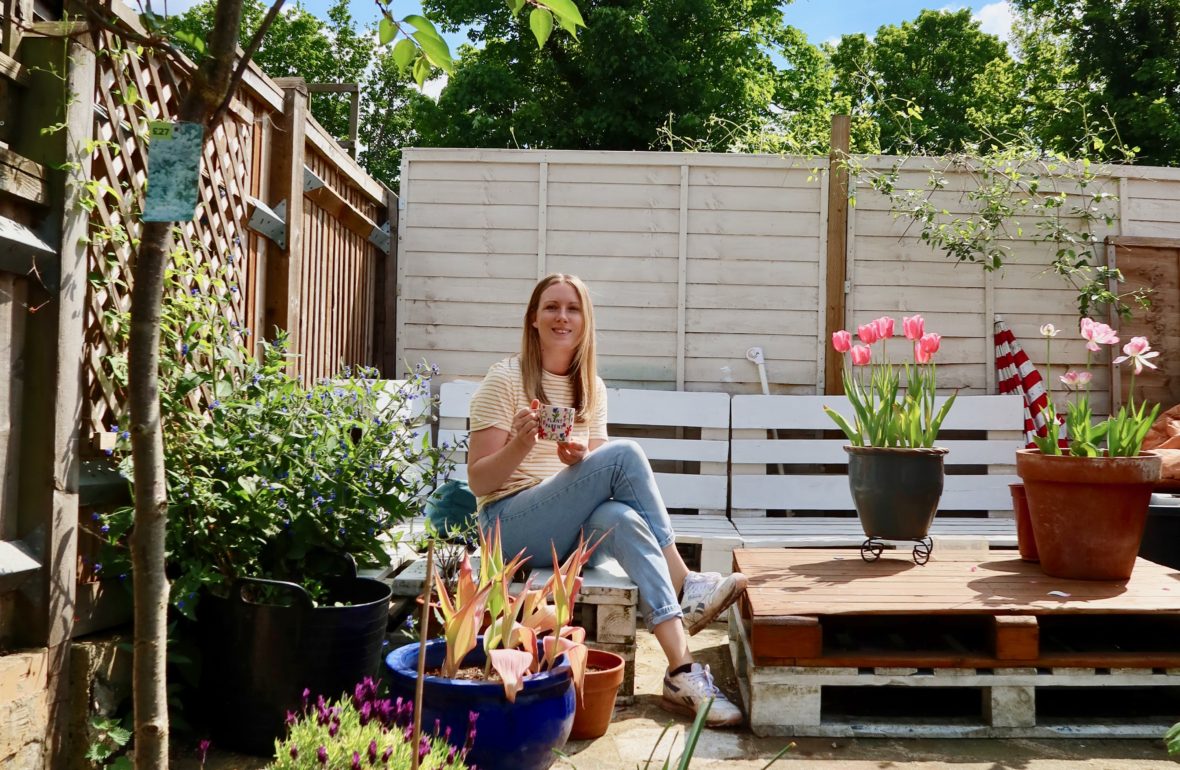
My first Autumn on the plot was drawing to an end. The large tree overlooking my garden had finally shaken the last of it’s leaves from the branches, much like a dog shaking water from his fur after a dip in the river. I had collected the leaves into small piles and bagged them up to make a leaf mould which would soon replenish my raised beds with rich nutrients. The circle of life, forever turning. Not all of my tomatoes had turned red, but it was too late for them to try now.
Time had run out for warm loving crops and it was time to cut my losses and retire them from their long summers work. By retire, I mean rip out and toss into the compost bin at the back of the plot where they would be consumed by bacteria and worms until they would no longer be recognisable as the glorious tomato plant they once were. Let’s not get carried away with romanticising everything that happens in the garden.
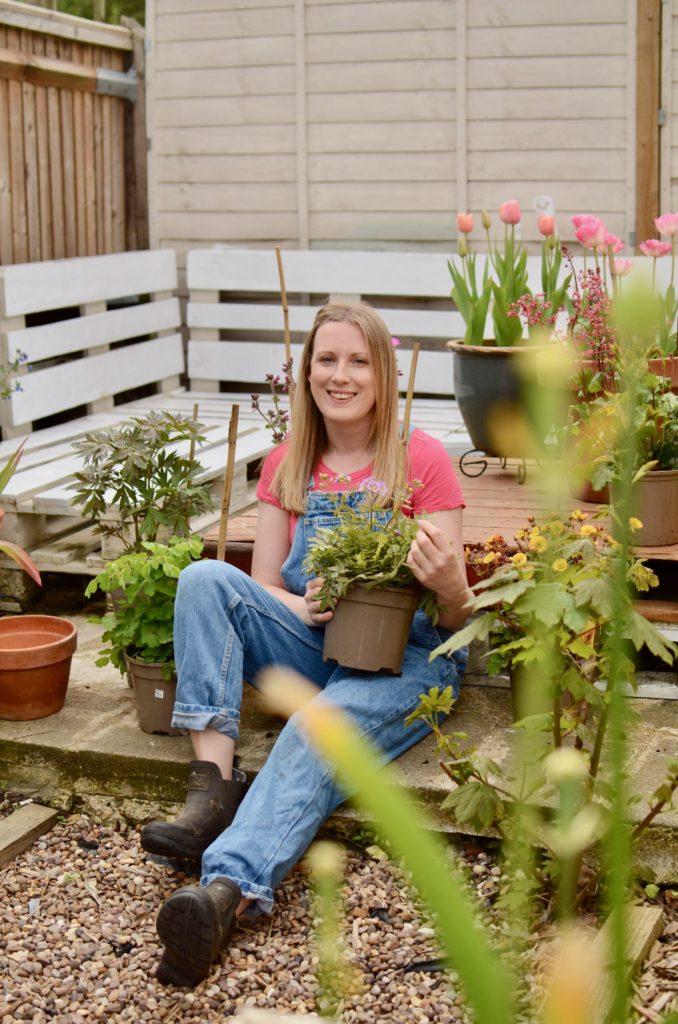
This was the first time all year that I had been given a chance to breath. The jobs became less urgent, crops faded away and the buzz from summer was no longer here. The party was over, the clean up had begun and it was time to sit back and look at what I had achieved. Looking back at photos from the year, I began to realise just how quickly the garden had shifted and changed and regrown. The peas I had harvested in March felt like a lifetime ago. The once overflowing, impressive pumpkin archway was now nothing but the skeletal metal structure that lay underneath, like black bones sticking awkwardly from the ground. Bare and empty but wrapped in hidden memories of the late summer pumpkin plant that once devoured it.
Ghosts. All around me. In every bed, every pathway, ever corner of my allotment plot. The ghosts and shadows of plants that had been and now gone. Faded memories of a party that had raged through the night with vibrancy and colour, now silent and dark.
There are ghosts all around us. Ghosts are nothing more than the memories of what has been before and they are everywhere. Because I don’t think they stop and start with humans. I think everything living that touches this Earth, leaves behind a memory of it’s existence, and that is its ghost. My raised beds are now made up of the plants I once planted in them. They have physically changed the molecular make up of my soil and so continue to exist, to leave their mark on this planet. The power we give to a particular ghost is dependant on how much we loved that presence when it was alive.
Can you love your garden? Or a plant? I think you can. I think we often worry about the word love and so sometimes hold back from giving too much of it out to the world. We know that when we attach love to something, to someone, it leaves us open for pain and for heartbreak. Love doesn’t die with a person, it lives on. We create ghosts out of people from the love we continue to feel for them after they have passed, and that can be a heavy burden to carry. So we lock it away, we hold onto love like it’s some elusive superpower, only handing it out to those we feel particularly deserve it.
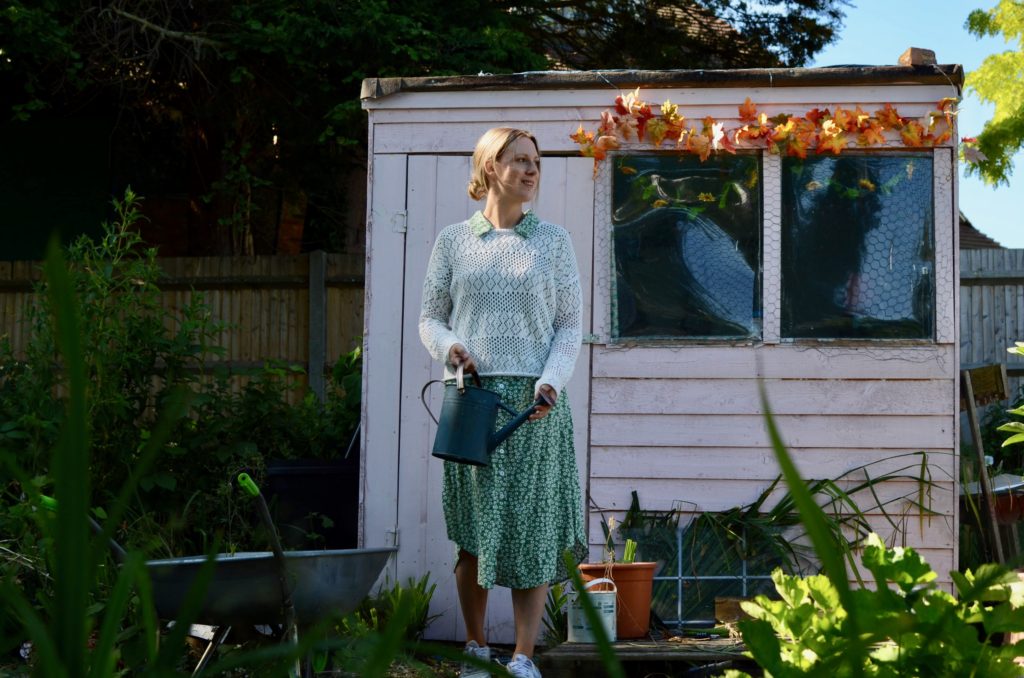
Loving a garden can be a tough one, because gardens are always dying. They literally live in a cycle of death and so to love one you need a good amount of courage. Gardens are fleeting. One moment they are bursting at the seams, giving out endless colour and shape and smells. The next, they are keeling over and sloshed in mud and rain and brown.
One of my biggest lessons from the allotment plot has been to accept constant change. To allow the garden to move at it’s own pace and to stop working towards an idealised, picture perfect moment. When I first got my plot, I had an image in my mind of what I wanted it to look like and I spent the best part of the first year trying to get it there. Guess what, I did! I reached it. That perfect moment when everything was in bloom and there was so much green and everything was just so full of life. And then, just like someone blowing out a match, it was gone again. And I was moved along, like a tourist lingering in a museum just before closing time, still snapping away with my camera trying to get one last perfect picture before it closed.
We live in such a goal driven world that it feels natural to think we should always be working towards something. But in a garden, that’s just not how it works. The rules are different. There is no end goal, there is only change. Change is the only consistent thing in a garden.
Adopt the pace of nature, her secret is patience – Ralph Waldo Emerson.


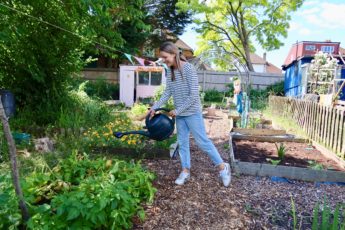
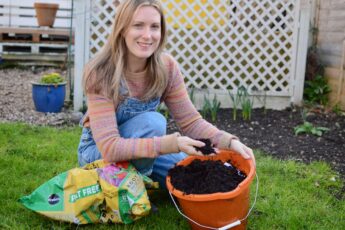
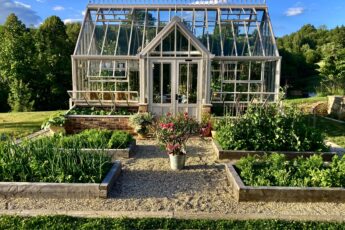
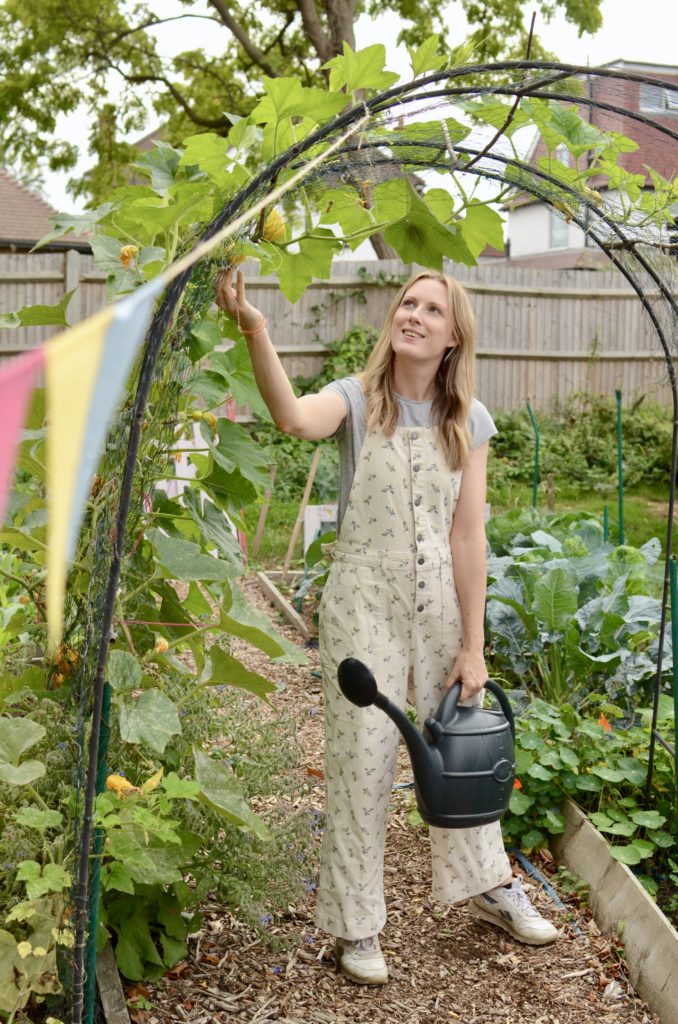
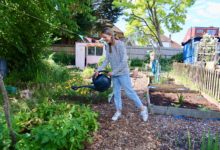
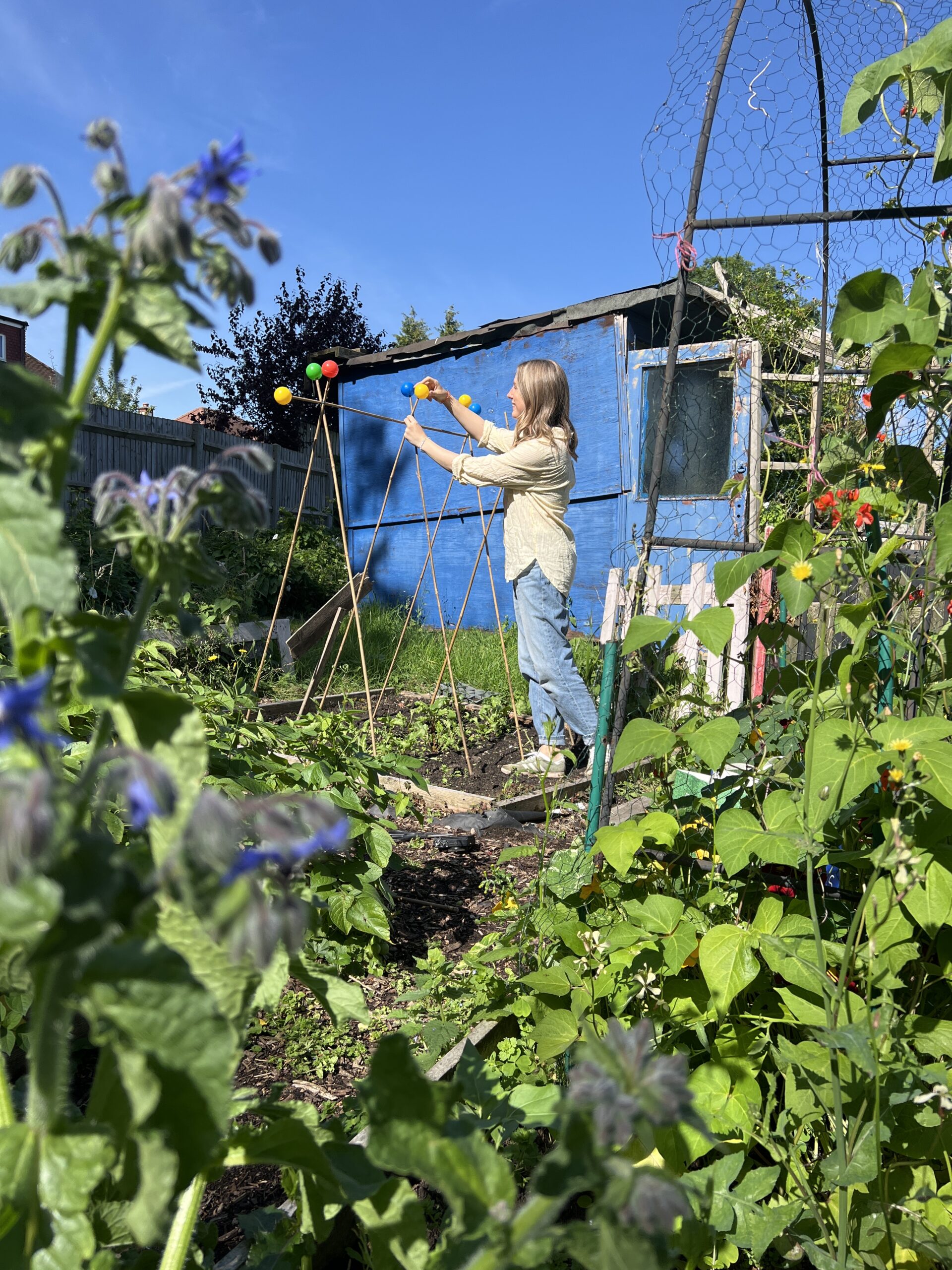
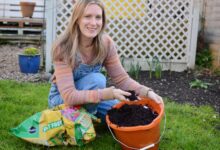


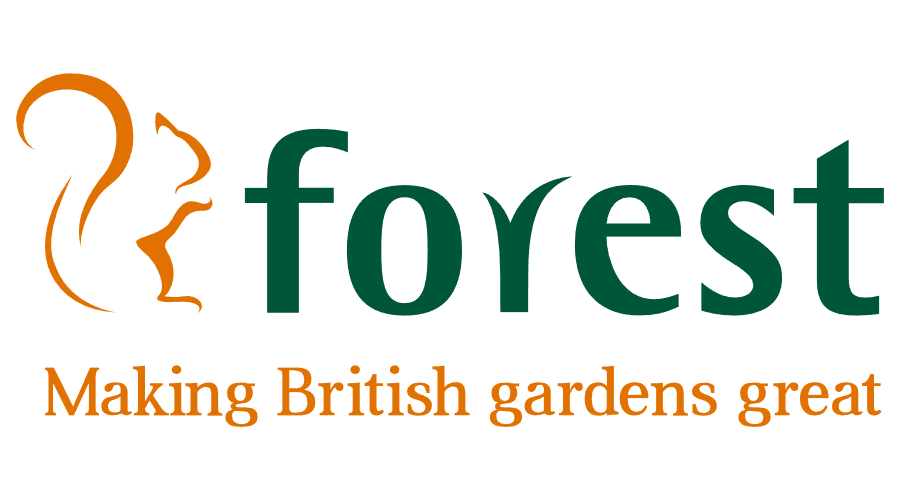



Thank you Emma
Such beautiful words Emma and so very true.